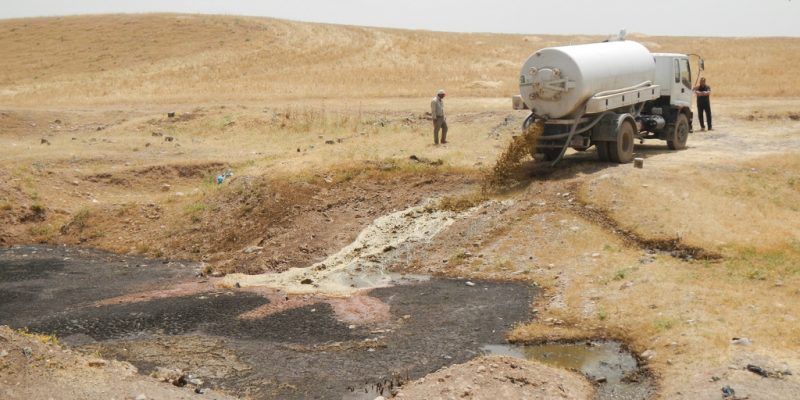The Communications, Advocacy & Policy Opportunities and Outreach for Poop (CAPOOP) alliance has recently launched an online platform that will enable collaboration between stakeholders in the water, sanitation and hygiene sectors in Africa.
Find ways to facilitate collaboration between members of theCommunications, Advocacy & Policy Opportunities and Outreach for Poop (CAPOOP) alliance. This is one of the issues being addressed by the recent initiative of this alliance headquartered in Dakar, Senegal. The newly created platform will enable members and partners to share resources and best practices, consolidate knowledge and showcase innovative solutions to improve sanitation on the African continent.
According to the CAPOOP, the new platform will provide a tailored and user-friendly set of tools and resources to catalyse the work of leading sanitation professionals working on faecal sludge management and sewerless sanitation in Africa.
Meeting Africa’s water, sanitation and hygiene needs
“Improving access to sanitation and hygiene across the continent is one of Africa’s biggest challenges, but we know that we are stronger when we work together. With this new online platform, we will be able to share our knowledge and expertise, allowing Capoop members to better understand the challenges and opportunities we have to improve sanitation on the continent,” explains Yacine Djibo, founder and executive director of Speak Up Africa, a platform dedicated to sustainable development in Africa and a member of the Capoop alliance.
The idea of an online platform for sharing knowledge and expertise on water, sanitation and hygiene among experts in Africa is in line with Capoop’s objectives. The alliance aims to ensure access to adequate and equitable sanitation and hygiene for all, and to end open defecation by 2030.
Presently, one in three people in Africa lives without sanitation facilities. According to the Communications, Advocacy & Policy Opportunities and Outreach for Poop (CAPOOP)Alliance, up to 75 per cent of West Africa’s population is in need of such facilities. In terms of access to safe drinking water, the United Nations (UN) states in its latest World Water Development Report that 2 billion people in the world do not have a safe water supply. According to the organisation, half of these people are on the African continent.
Jean Marie Takouleu






